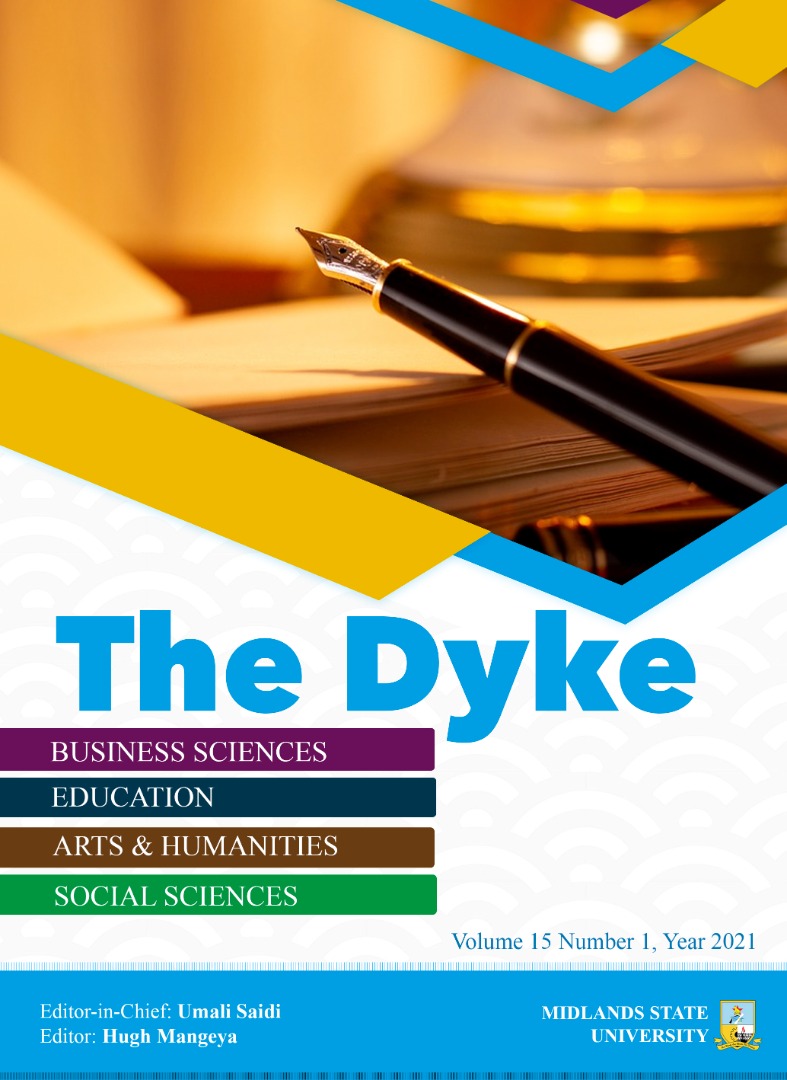Covid-19 pandemic and women’s vulnerabilities in Zimbabwe
DOI:
https://doi.org/10.64754/thedyke.v15i1.49Keywords:
intersectionality, feminism, pandemic, vulnerability, womenAbstract
While the Covid-19 pandemic affects the health and well-being of all, women and girls are disproportionately affected, especially in developing countries. Thus, the desk review sought to establish women’s vulnerabilities in face of the Covid-19 pandemic in Zimbabwe. The intersectional thinking was used to analyse and conclude the study. It emerged from the analysis that while the measures instituted to combat Covid-19 including calls for social distancing, quarantining and lockdowns remain key, they have disproportionately affected women’s socio-economic well-being exacerbating the long-standing gender inequalities. As shown by intersectional feminism, women and girls’ social identities overlap, and compound with pre-existing inequalities that subjugate them in society including patriarchy, culture, religion, and poverty to limit women’s community and personal security, access to employment and income, safety nets, and sexual and reproductive health. The study recommends gender mainstreaming in socio-economic response measures by state and non-state actors during, and after the Covid-19 pandemic.

Downloads
Published
How to Cite
Issue
Section
License
All articles in The Dyke are published under the Creative Commons Attribution 4.0 International License (CC BY 4.0).
Under this licence:
- Others may copy, redistribute, remix, transform, and build upon the work for any purpose, even commercially.
- Appropriate credit must be given to the original author(s) and source (The Dyke), along with a link to the license.
- Any changes made must be indicated.
Full licence details: https://creativecommons.org/licenses/by/4.0/
Archiving and Preservation
The Dyke supports long-term preservation of scholarly work through partnerships with digital repositories and indexing services, including Sabinet African Journals. Authors are also encouraged to deposit a copy of their published article in institutional or subject-specific repositories.




